Six countries including Pakistan transporting plastic pollution in Asia: World Bank
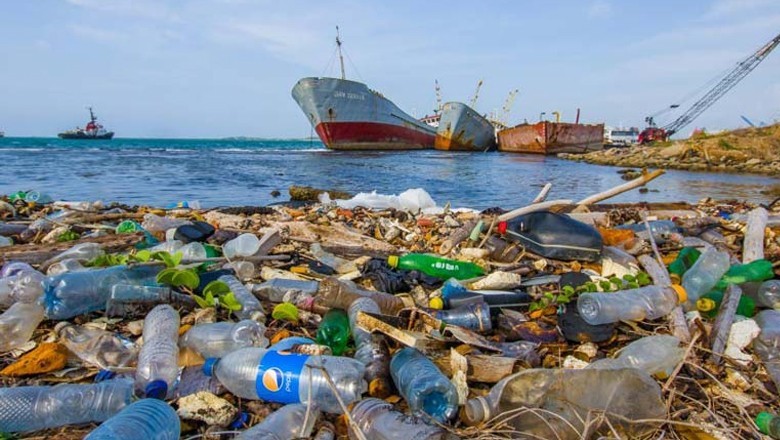
Web Desk
|
2 Sep 2024
A report released by the World Bank said six countries in South Asia are involved in transporting plastic pollution across borders.
A new report titled: ‘ Waves of Plastic: A Snapshot of Marine Plastic Pollution in South Asia’ was released by the World Bank on August 31, stating that solid waste, including plastics, industrial effluents, domestic wastewater and microplastics were being spread through the 20 rivers.
Along with river pollution and cross-border environmental changes, these countries were facing similar challenges related to socioeconomic and solid waste.
The report highlighted that the Ganges-Brahmaputra Meghna River passes from Bangladesh, Bhutan, India, and Nepal, and the Indus River runs in Afghanistan, India, and Pakistan have high leakage rates.
It noted across South Asia, there was no system for recycling plastic and waste was being thrown into rivers and drains after a single user.
Moreover, obstacles like improper systems and wrong selection of locations to dispose of the waste were making the waste management system poor.
However, thin and hard plastic becomes problematic to deal with. The report demanded authorities establish a comprehensive baseline of plastic waste flow into the water in the region that could support evidence-based policies and strategies to address the increased rate of plastic.
The report stated that the increasing population and industrial growth led to rivers being highly polluted, becoming the hotspot of plastic waste generation.
According to the report, the countries’ current focus should be to reduce plastic production as the consumption of plastic has increased in the region.
The report stated that poor policies, lack of implementation capacity and public awareness, weak infrastructure, logistical support, and inactive participation from the private sector garnered plastic and marine pollution.
It also stated that the inadequate effort to deal with pollution escalated air pollution, biodiversity loss, and the degradation of land and water resources.


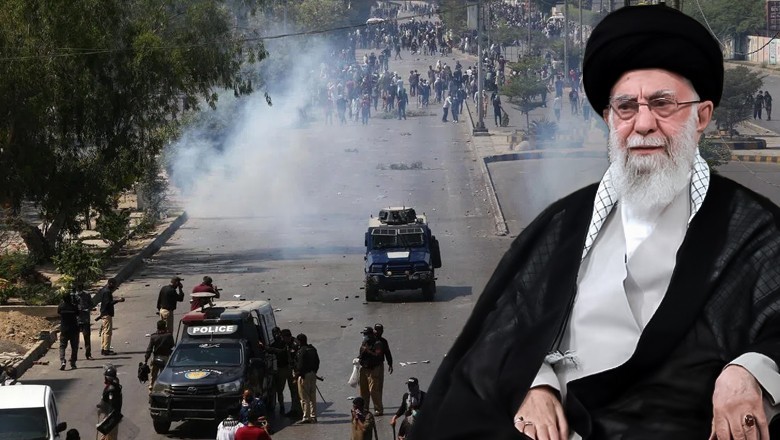

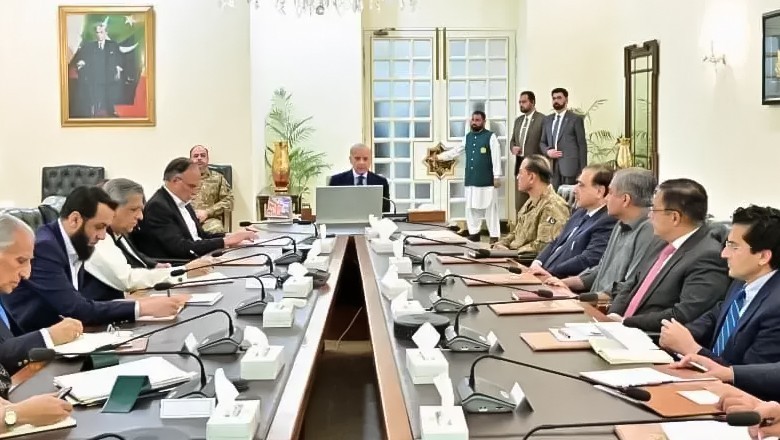
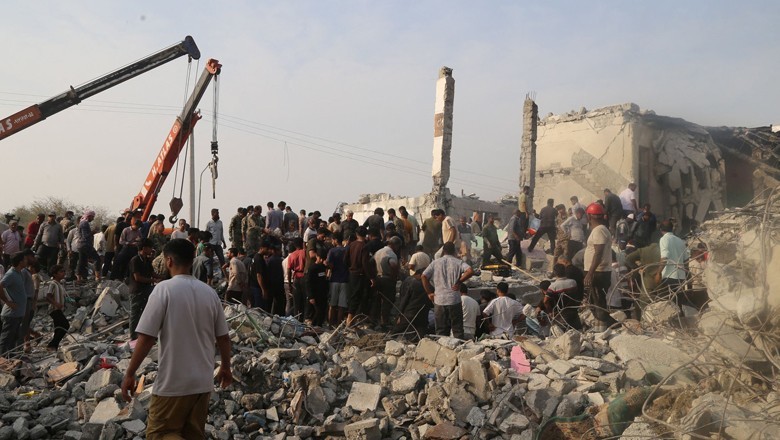
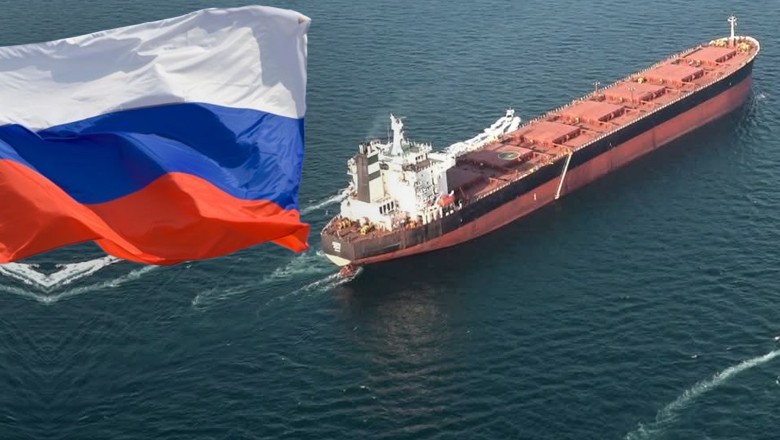





Comments
0 comment